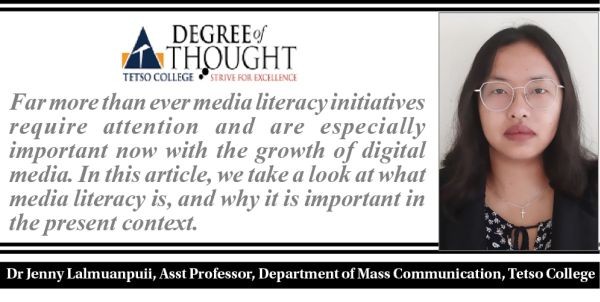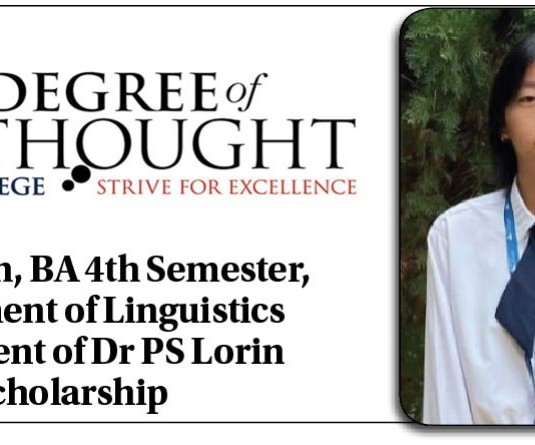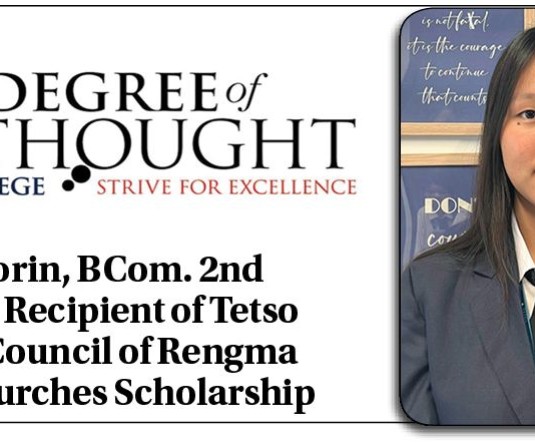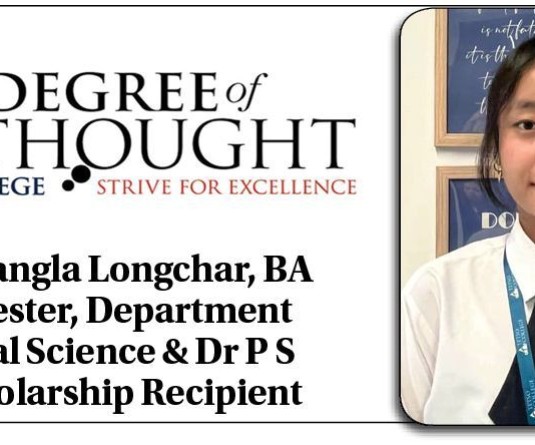
We live in the information age, when we are constantly bombarded with information. This era provided us with the opportunity to easily access information and knowledge. However, with the coming of the information age, particularly with the internet, "information overload" has become a condition in which you absorb too much information at one time and are unable to think clearly about it. Bertram Gross, a Political Science professor at Hunter College, coined this term, which is used to describe people's incapacity to reach a quality judgement when presented with a massive amount of data. And that data includes false news that spreads quickly online, the difficulty of privacy, the blurred line between free speech and damaging speech, the influence of advertising, particularly among children, biased news stories, the underrepresentation of communities or stereotyping of groups, and so on. With this in mind, it has never been more important to understand how all types of media content are produced and digested.
The ability to critically analyze information you see and hear in the media is referred to as "media literacy." With the amount of information we receive every day, critical thinking is a skill that is essential to helping individuals find credible sources and identify biases in the media. It can, for example, help you identify false news and recognise the agenda behind media content, such as supporting political viewpoints, and so on.
As we consume a large amount of information, not only from conventional sources such as television, radio, magazines, and newspapers, but also from non-traditional ones such as video games, social media, and so on, the need for media literacy is growing. And, with the advancement of technology and the internet, platforms such as social networking sites are allowing everyone to generate content. This has introduced many positive aspects to the public, such as the ability for anyone to express themselves and be creators, bridging gaps between groups, and overcoming geographical barriers. However, it is significantly more difficult to use media efficiently if a person cannot distinguish between what is fake and what is true. Society, which frequently contributes to the creation of modern culture, can influence the public's views, attitudes, and actions. These impacts may also, for better or worse, reinforce existing beliefs. Therefore, media use can have a significant impact. And as a result, media literacy should be fostered in order for content creators to be conscious of their production as well as the public's consumption.
Media literacy does not necessarily imply finding flaws in all media content, but it does include critically examining media only after understanding the meaning behind the messages. Media literacy attempts to assist you in viewing the media experience from a variety of angles, including your own opinion regarding media messages. It teaches you to interact thoughtfully, critically, and wisely with different tools, and some of that includes understanding the following questions: Who is the source or transmitter of the information? Who are the intended targets? What is the content's context? What motive may the author or creator have? Where did the information come from? Is there another source that backs up the information? What details were left out, and why?
Media awareness and training, as well as cybercrime-related workshops and seminars, have been conducted at the school and community levels. And while certificate and degree courses in journalism and mass communication are now more accessible, critical media content skills are only studied at some institutions when it is required to make them more available to the public that creates and consumes media content on a daily basis. It is also critical to provide people with the knowledge and skills needed to manage the huge amount of information being sent especially with social media. Incorporating digital media literacy programmes into educational curriculum is a significant policy we need that will teach responsible citizens while also sustaining democratic values.
In conclusion, media literacy is the foundation for understanding media and its function in our society. It also teaches some of the fundamental tools required for critical thinking, analysis, self-expression, and creativity, all of which are needed in today’s world.
Degree of Thought is a weekly community column initiated by Tetso College in partnership with The Morung Express. Degree of Thought will delve into the social, cultural, political and educational issues around us. The views expressed here do not reflect the opinion of the institution. Tetso College is a NAAC Accredited UGC recognised Commerce and Arts College. The editors are Dr Hewasa Lorin, Dr Aniruddha Babar, Khangpuiliu Pamei, Rinsit Sareo, Meren and Kvulo Lorin. For feedback or comments please email: dot@tetsocollege.org.






